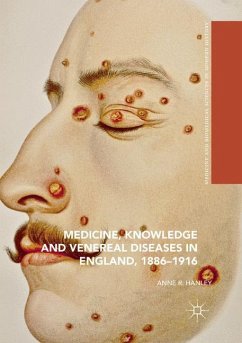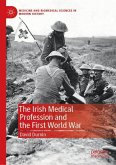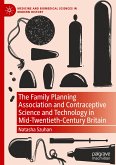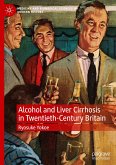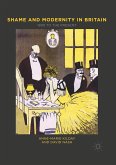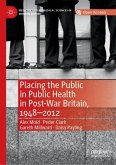This book reveals the ever-present challenges of patient care at the forefront of medical knowledge. Syphilis and gonorrhoea played upon the public imagination in Victorian and Edwardian England, inspiring fascination and fear. Seemingly inextricable from the other great 'social evil', prostitution, these diseases represented contamination, both physical and moral. They infiltrated respectable homes and brought terrible suffering and stigma to those afflicted. Medicine, Knowledge and Venereal Diseases takes us back to an age before penicillin and the NHS, when developments in pathology, symptomology and aetiology were transforming clinical practice. This is the first book to examine systematically how doctors, nurses and midwives grappled with new ideas and laboratory-based technologies in their fight against venereal diseases in voluntary hospitals, general practice and Poor Law institutions. It opens up new perspectives on what made competent and safe medical professionals;how these standards changed over time; and how changing attitudes and expectations affected the medical authority and autonomy of different professional groups.
"The book begins with the training of competent general practitioners. Like infectious diseases more generally, it proved a tough job to find time for venereology in the medical student curriculum." (Graham Mooney, Journal of the History of Medicine and Allied Sciences, Vol. 74 (3), July, 2019)
"This book considers the societal, legislative, scientific and medical changes that influenced our understanding of, and responses to, syphilis and gonorrhoea. ... it richly illustrates the problems faced by healthcare professionals and contains a wealth of information of interest to the more general reader." (Tim Mason, BSHM British Society for the History of Medicine, bshm.org.uk, July, 2017)
"This book considers the societal, legislative, scientific and medical changes that influenced our understanding of, and responses to, syphilis and gonorrhoea. ... it richly illustrates the problems faced by healthcare professionals and contains a wealth of information of interest to the more general reader." (Tim Mason, BSHM British Society for the History of Medicine, bshm.org.uk, July, 2017)

